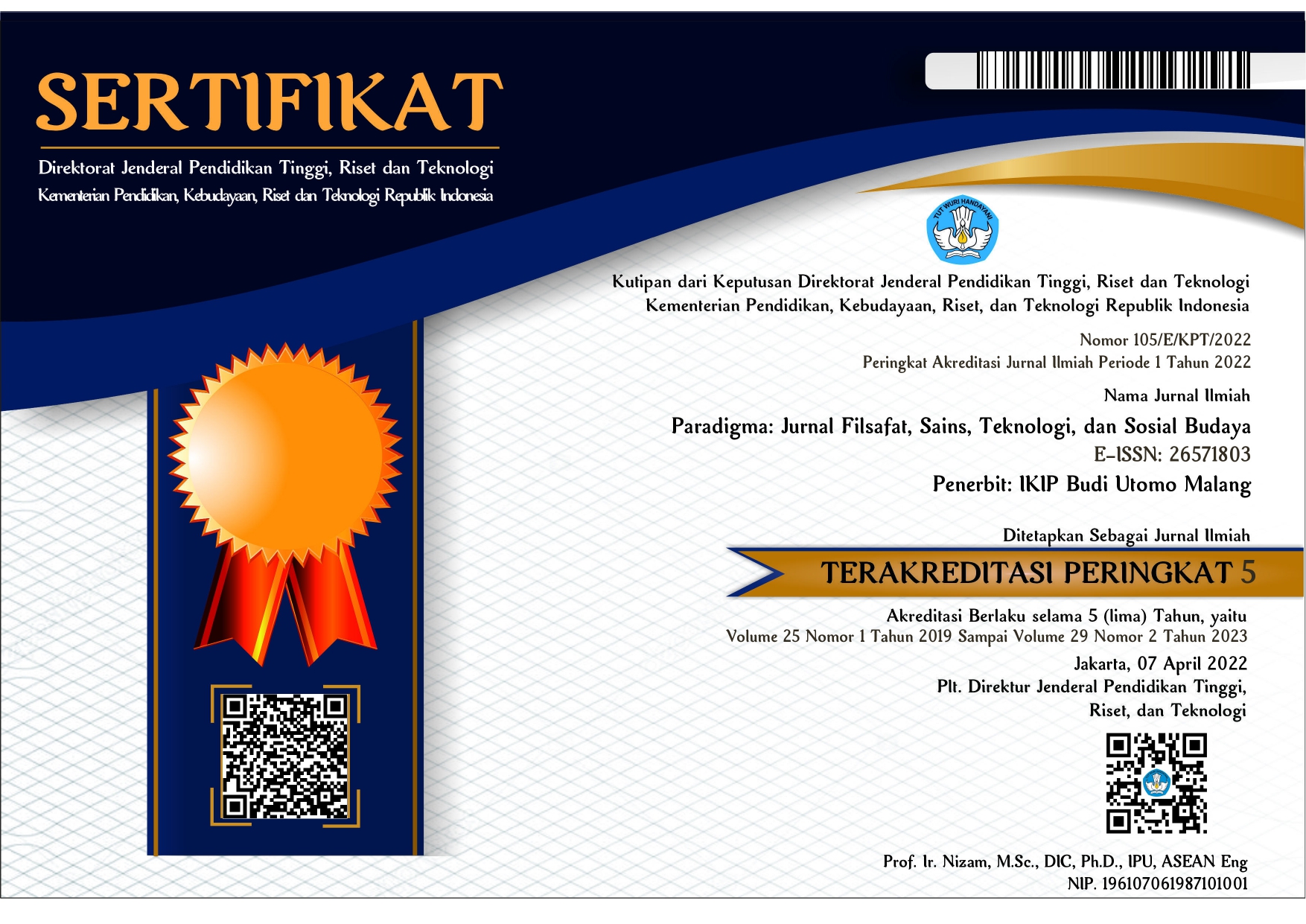Stunting dan Stigma Masyarakat, Studi Etnografis Penanganan Stunting pada Masyarakat Kabupaten Malang
Abstract
Stunting or commonly referred to as under-fives who are malnourished and tend to be short is a serious problem in Indonesia. In the era of globalization, developments can occur in various fields, none other than the health sector. However, the problem of stunting still occurs and it will become a continuing problem if it is not addressed immediately. Moreover, during the COVID-19 pandemic, which began in March 2020, the stunting rate in Malang Regency continued to increase. This happens because the majority of people have lost their livelihoods so that they are hampered in meeting their economic needs, especially the fulfillment of nutrition. In this study, we used ethnographic analysis. The data sources were divided into two, namely interviews and documents. The conclusion that can be drawn from this study is that stunting is influenced by parenting, especially on nutritional intake and the level of understanding of parents in caring for their sons and daughters and also on the understanding and knowledge of parents about healthy living behavior.The majority of people in Malang Regency do not understand what stunting is and how to prevent it. This statement is shown in the results of data analysis which states that 47% of the people of Malang Regency have a stigma that stunting is a verdict that has already occurred, when in fact it can still be handled. Health workers and community elites are still not optimal in providing education to the community, especially in Jabung District. With this research, it is hoped that it can be a reference in preventing the increase in stunting rates for policy makers to pay more attention to stunting cases that are developing in Malang City.








.jpg)



